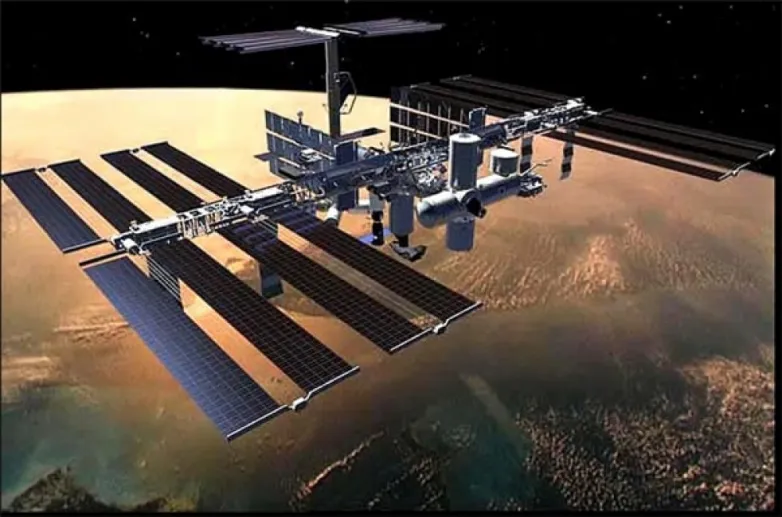NASA is launching a solar power generation prototype created in Israel into space
- Next year, NASA is planning to forward a Ben-Gurion-created photovoltaic prototype to International Space Station, which is supposed to become a huge move toward nongovernmental individual space operations, as was stated in Tazpit Press Service.

Professor J.Gordon from BGU and his United Stated colleagues have created a miniature prototype of a solar station that is likely to significantly decrease the expenses for the fast-growing billion-dollar worth sector of private spaceflight.
Creation of tiny solar units which are expected to increase power in an affordable way is an essential ingredient.
The prototype consists of a diminutive, light-weighted, pressed-glass solar dish bonded to a solid integration of μ-TP solar cells able to efficiently utilize majority of solar radiation spectrum.
The National Aeronautics and Space Administration has enlisted the prototype as the one to be launched in 2020 to ISS for being tested in the conditions of space radiation and huge temperature fluctuations in extraterrestrial operation.
The first space solar generator is under 1.7 mm thick. Every side of it is equipped with a 0.65 mm-sized solar cell.
The next generation which is supposed to raise specific power is currently being developed by the same group of scientists.
The solar energy units designed in Israel range among the most innovative ones worldwide. They are aimed at compensating for the country’s poor natural resources as well as seeking alternative energy sources.
Also read

